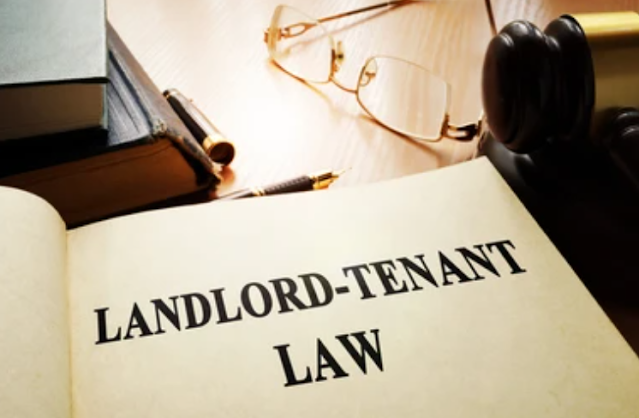Landlord's Duty to Mitigate Damages: Understanding the Legal Requirement
Landlord's Duty to Mitigate Damages: Understanding the Legal Requirement
The landlord's duty to mitigate damages refers to the legal obligation of a landlord to take reasonable steps to minimize financial losses when a tenant breaks a lease agreement or vacates a rental property before the end of the lease term. This duty requires landlords to make efforts to re-rent the property in a timely manner, thereby reducing the financial impact on both parties involved. In this detailed explanation, we will delve into the concept of the landlord's duty to mitigate damages and its legal implications.
Lease Termination by the Tenant:
When a tenant terminates a lease agreement prematurely, whether due to job relocation, personal reasons, or other circumstances, the landlord has a duty to mitigate damages. This means that the landlord must make reasonable efforts to find a new tenant to occupy the rental property as quickly as possible.
Reasonable Mitigation Efforts:
The specific actions a landlord must take to mitigate damages may vary depending on the jurisdiction and the circumstances surrounding the lease termination. However, some common steps that landlords typically undertake to fulfill their duty to mitigate damages include:
- a. Advertising and Promotion: Landlords should advertise the availability of the rental property through various channels, such as online listings, local newspapers, real estate agents, or property management companies. The advertisements should provide relevant information about the property, its features, rental terms, and contact details.
- b. Property Showings: Landlords should facilitate property showings to potential tenants who express interest in renting the property. This may involve scheduling and conducting tours, highlighting the property's features, and addressing any inquiries or concerns.
- c. Fair Rental Pricing: Landlords should set a fair and competitive rental price to attract potential tenants. Setting an excessively high rental price may deter prospective tenants, making it more difficult to mitigate damages.
- d. Timely Response: Landlords should promptly respond to inquiries from prospective tenants, provide necessary information, and facilitate the application and screening process. Delays in responding or showing a lack of interest in finding a new tenant may be seen as a failure to mitigate damages.
Reasonable Timeframe:
Landlords are expected to act diligently in their efforts to re-rent the property, but the law generally does not impose a specific timeframe for finding a new tenant. What is considered a reasonable timeframe may vary depending on factors such as local rental market conditions, the location of the property, and the time of year. Landlords should make genuine and reasonable efforts to re-rent the property within a commercially reasonable timeframe.
Mitigated Damages and Tenant's Liability:
If the landlord successfully mitigates damages by finding a new tenant, the original tenant's liability for rent may be reduced. The tenant may still be responsible for rent payments until the new lease agreement begins or until the original lease term expires, whichever occurs first. The tenant may also be responsible for any costs incurred by the landlord in re-renting the property, such as advertising expenses or leasing commissions.
Documentation:
To demonstrate compliance with the duty to mitigate damages, landlords should keep thorough records of their mitigation efforts. This includes documenting advertising efforts, property showings, communication with prospective tenants, and any offers received. These records can serve as evidence in case of disputes or legal proceedings.
Legal Consequences:
Failure to fulfill the duty to mitigate damages can have legal consequences for landlords. If it is determined that the landlord did not make reasonable efforts to mitigate damages, the landlord may be limited in their ability to recover unpaid rent from the original tenant. Additionally, the landlord's failure to mitigate damages may be taken into account if a legal dispute arises between the parties.
It's important to note that the specific legal requirements regarding the duty to mitigate damages may vary across jurisdictions. Landlords should consult local landlord-tenant laws and seek legal advice to understand their obligations and rights in mitigating damages when a tenant terminates a lease agreement prematurely.















No comments